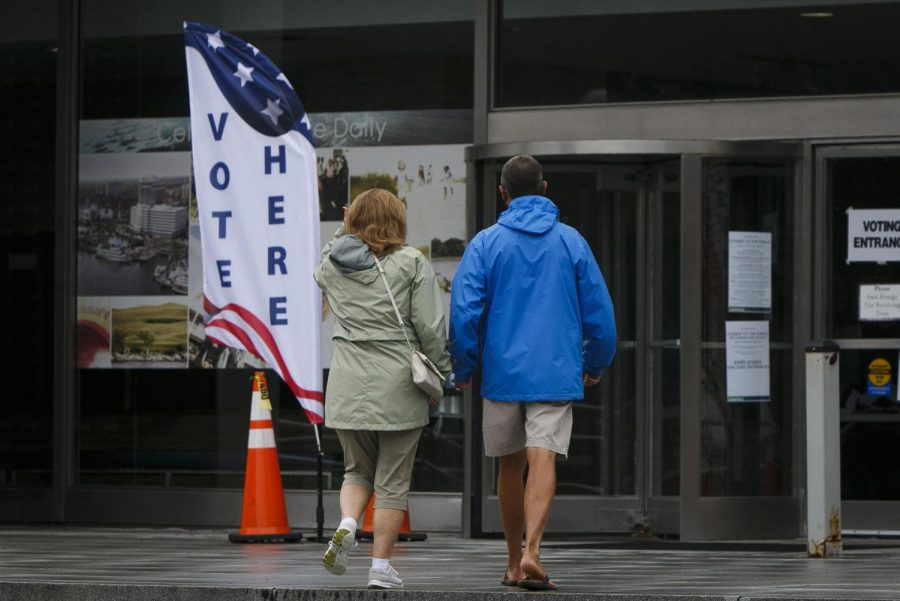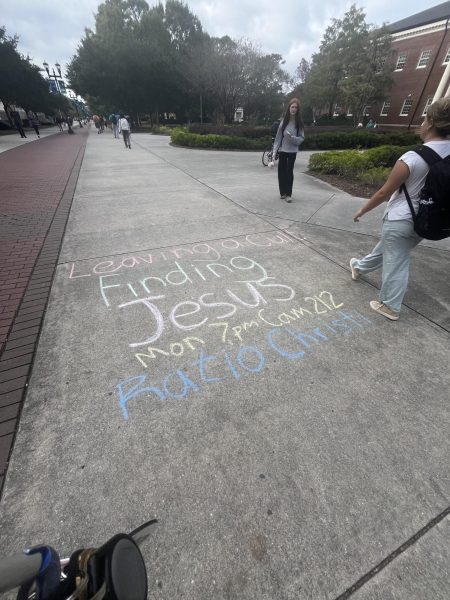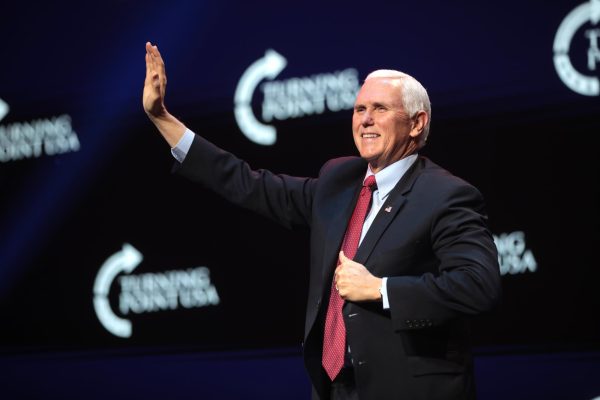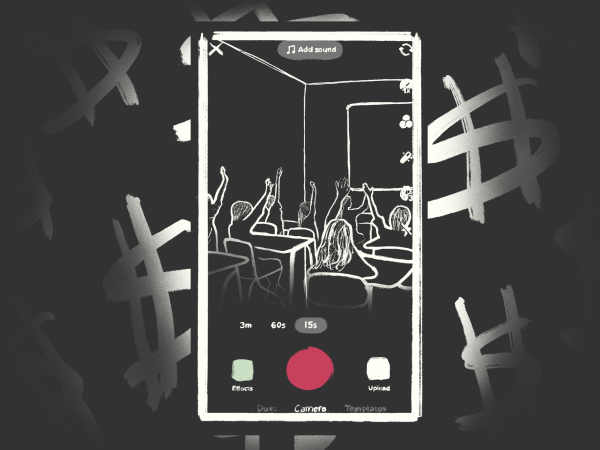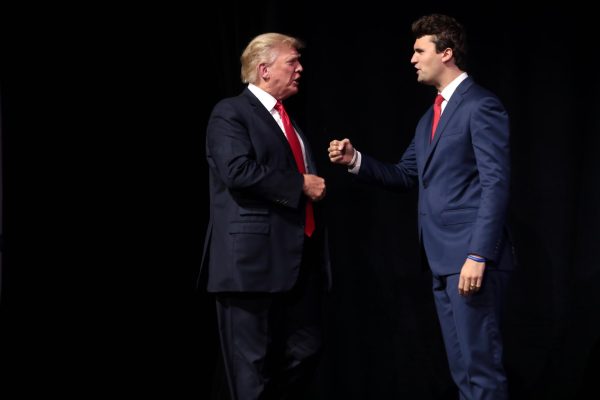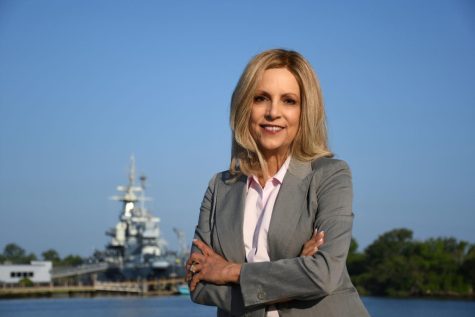OPINION: It’s your civic duty to vote
Voters for no-excuse, in-person absentee voting at Norfolk City Hall in Norfolk, Virginia on Friday, Sept. 18, 2020. (Kristen Zeis/The Virginian-Pilot/TNS)
As college students, it’s easy to feel like our vote doesn’t have an impact. When looking at the 2020 presidential race, we see two candidates in their 70s. If we look at Congress, we see a median age of 57.6 in the House and 62.9 in the Senate. Of these members, about 78% are white, versus 61% of the overall population. As the most ethnically and racially diverse generation in America’s history, it’s easy to feel like people aren’t advocating for our interests.
I’d encourage anyone who feels disheartened with the political process to look further down the ballot. Find out who your local candidates are, and find out what they stand for. Understand what issues are affecting the people in your community, and understand what steps candidates are taking to fix them. While change happens at every level, local change is what you’re most likely to feel the effects of.
It’s no secret that in most elections, youth voter turnout is much lower than that of older groups. This year, however, Gen Z makes up one-in-ten eligible voters. According to an index from Tufts University, youth voters in North Carolina have the third highest potential to influence the results of the presidential election.
College students face a unique challenge of deciding where their vote will make the most difference: at home or at school. In the era of COVID-19, students may not necessarily feel comfortable driving home to vote, since they could risk unknowingly spreading the virus to their families. Young adults in general often have trouble navigating things like voter registration deadlines, switching their registration and requesting and submitting absentee ballots, especially during this pandemic.
However, in such a unique election, there is hope for change. This year, North Carolina has adopted online registration, an online absentee ballot request portal and ballot tracking software, eliminating voting barriers during this pandemic.
Before this election season, voters would need to submit a paper form to register or change their registration, as well as to request an absentee ballot. Ricsy Castro, a Democracy Protection Intern with the Office of Student Leadership and Engagement, believes these measures could help increase youth voter turnout.
“I definitely think they have helped college students,” Castro says. “For the absentee ballot request form, you could literally do it on your phone as you walked to class, if you had any face-to-face classes. It saves time, especially if you’re not home.”
On campus, the OSLE has launched UNCW Votes, a campaign to educate students about the importance of voting, and help them make their voice heard in elections.
Castro believes that the work the OSLE is doing has been helpful for a lot of UNCW students who want to vote in this election. They hold Zoom drop-in hours every week where students can come in and ask questions about anything related to voting.
“Someone in every single one [session] that we’ve had has come in to ask a question,” she says. “Making sure that they know they have someone to go to, who genuinely knows this information, and their work surrounds this information, has been really helpful for them.”
For more information about their events, drop-in hours, and helpful voter information for UNCW students, visit their website, and events page.
While it’s often difficult to see major change as a result of the vote you cast, it’s a valuable and important part of our civic duty. When you think about skipping this election, remember all of the people who are working tirelessly to help everyone use their voice in our democracy, from federal and state representatives passing legislation, to the students holding workshops right here on campus. Do right by the communities you care about by taking the time to fill in some bubbles this year.


